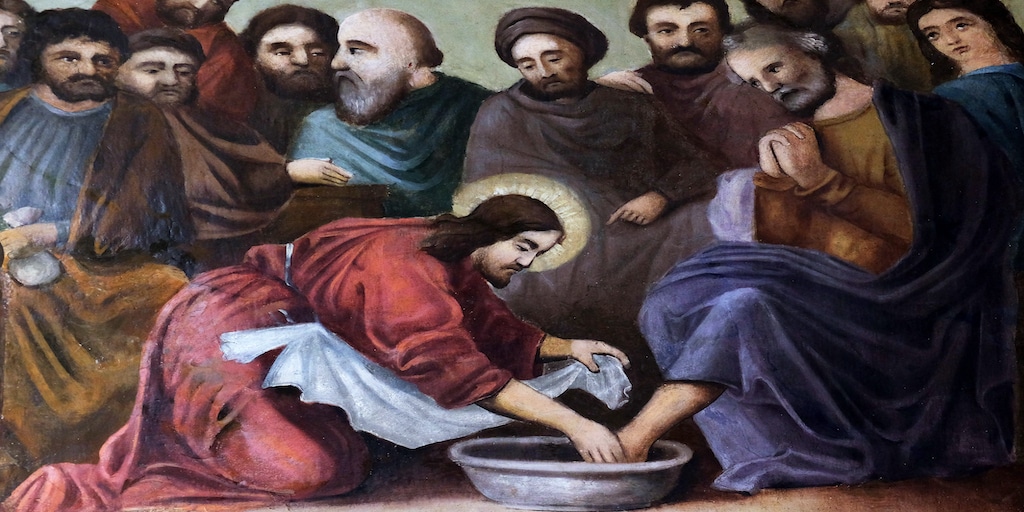What Has Happened to Christianity?

We read in Acts 11:26, “And the disciples were called Christians first in Antioch.” Some commentators say the disciples themselves coined the term. Others say enemies of Christ invented the term as a derogatory title. In any case, the core meaning of the word “Christian” is “one who belongs to Christ.” What has happened to Christianity in the US and around the world?
But we cannot deny that today in the United States and in some other countries, Christianity has lost Christ. We use the term to mean someone who is NOT Muslim, NOT Jewish, NOT… whatever. Or we use it to mean someone who was born in a “Christian” country, whatever that means. But many who claim the name Christian certainly do not exhibit qualities of Christlikeness. So what has happened?
Tim Keller Explains
In his book Christ the King, Timothy Keller explains it this way. He’s referring to an interview with Andrew Walls[1] who explains why the “center” of Christianity shifts:
“Walls hinted that when Christianity is in a place of power and wealth for a long period, the radical message of sin and grace and the cross can become muted or even lost. Then Christianity starts to transmute into a nice, safe religion, one that’s for respectable people who try to be good. And eventually it becomes virtually dormant in those places and the center moves somewhere else.”[2]
Does that describe you? Does that describe your church? If so, we should heed God’s call in 2 Chronicles 7:14: “If my people, who are called by my name, shall humble themselves, and pray, and seek my face and turn from their wicked ways; then will I hear from heaven, and forgive their sin, and will heal their land.”
One word of caution. You must begin with yourself. You cannot honestly ask God to heal your nation, your church, or your neighbor, if you do not first submit yourself to Him. And when you do, He is “faithful and just to forgive” (1 John 1:9).
Go Deeper
- The Biblical Case for the Rapture of all Christians – 2021 Package
- The Habermas Collection – Package Offer
- See our current TV offer
[1] “The Expansion of Christianity: An Interview with Andrew Walls,” accessed at 222.religion-online.org/showarticle.asp?title)2052.
[2] Timothy Keller, Jesus the King (Penguin Publishing Group. Kindle Edition), p. 136, emphasis added.







Great question – and I think the answer is found in the comment by Andrew Walls. The point I was attempting to make today with regards to “faith” in Christ is if it is not challenged, if it is not critically looked at, if it is just a broad stroke acceptance of the Bible without critique than it is just a weak faith, and is subject to being blown over by the winds of culture and “rational” thought. The God of the Bible is a very mysterious God.
Yes, He exposes Himself in His Word, but as He does, He raises a lot more questions than He answers. How can a loving God kill people? Why does an all-knowing, loving God create a place of ETERNAL judgement for those who don’t know Him? Why just one path? Why require death for salvation? How is God actively involved and sovereignly in control of such a chaotic world – and seemingly part of the chaos (ie. He instructs His followers to annihilate people groups)?
I do believe there are answers to these questions, and I know the John Ankerberg Show has made a lifetime worth of shows to answer this – but if I as a believer never wrestle with these issues, how can I stand strong when the world around me presses in?
In today’s world, gender issues, political issues, race issues… there are a LOT of questions posed by the world around us, and I do believe the answers can be found in God’s word, but not without sincerely searching and asking these questions as well.
God bless you as you continue to point people to the truth.